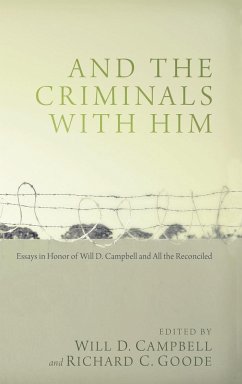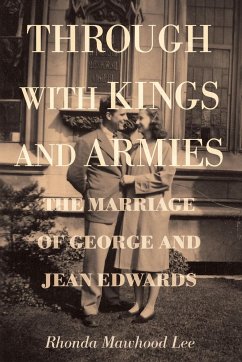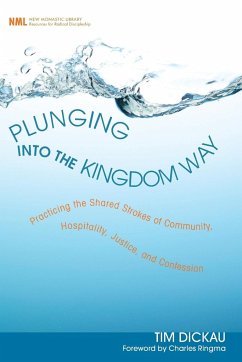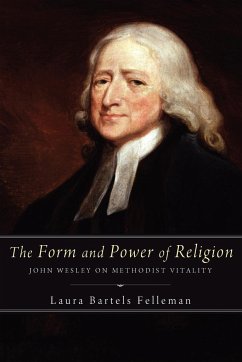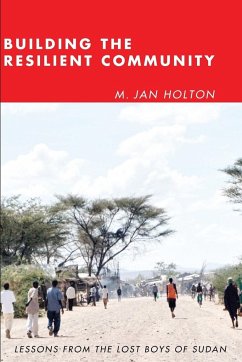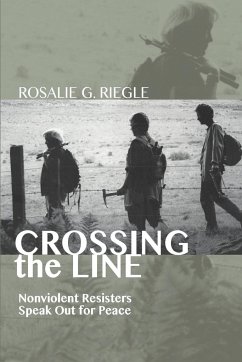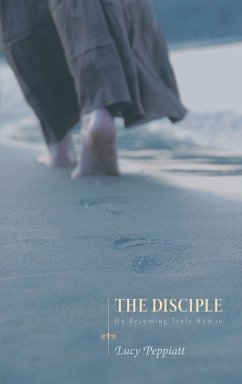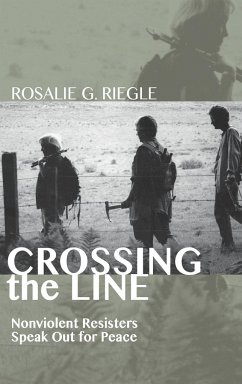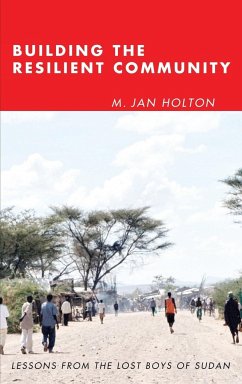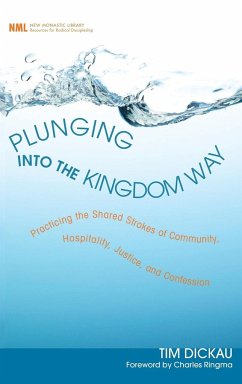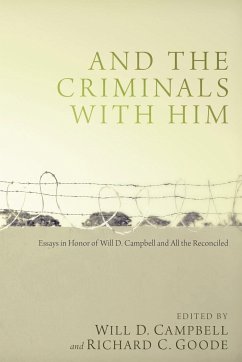
And the Criminals with Him
Versandkostenfrei!
Versandfertig in 1-2 Wochen
30,99 €
inkl. MwSt.

PAYBACK Punkte
15 °P sammeln!
In 1972, Will Campbell published an issue of the Committee of Southern Churchmen's journal, Katallagete, to shed light on the US prison system. None could anticipate how the system would expand exponentially in the next four decades. Today, the US operates the world's largest prison system, incarcerating nearly 1 in every 100 American adults. How did this expansion happen? What is the human toll of this retributive system? How might ""ambassadors of reconciliation"" respond to such a punitive institution? Replicating the firsthand nature of Will Campbell's original Katallagete collection, twen...
In 1972, Will Campbell published an issue of the Committee of Southern Churchmen's journal, Katallagete, to shed light on the US prison system. None could anticipate how the system would expand exponentially in the next four decades. Today, the US operates the world's largest prison system, incarcerating nearly 1 in every 100 American adults. How did this expansion happen? What is the human toll of this retributive system? How might ""ambassadors of reconciliation"" respond to such a punitive institution? Replicating the firsthand nature of Will Campbell's original Katallagete collection, twenty new essays pull back the veil on today's prison-industrial complex. The plea throughout this collection is not for some better, more progressive institution to exact justice. Rather, the invitation is to hear from voices of experience how the system functions, listen to what the institution does to those locked in its cells, consider what an execution involves, and, most importantly, contemplate the scandalous call to be in reconciled community with those whom society discards and the system silences. Our story is that there are neither good nor bad people, neither felon nor free world. We are all one.



